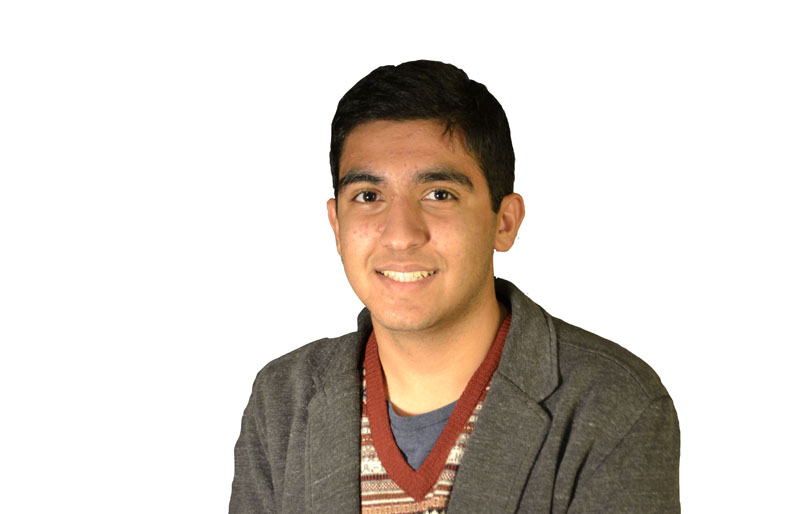Mian: When it comes to activism, listen first
May 27, 2015
Over the past year, our campus has been challenged in new ways. We have been forced to pay attention as marginalized voices rose up to remind us that black lives matter, educate us about the atrocities committed at borders — where lines divide people, whether between the United States and Mexico or Israel and the Occupied Palestinian Territories — and demand that our university invest its endowment responsibly.
To clarify, these issues weren’t brought up to divide our community. They always existed. But they were only visible to those affected — those forced to have these experiences define their identity. As their lives are politicized, marginalized students consistently feel silenced for fear of divisiveness, as these fissures only show themselves when people speak out.
Because students spoke out this year, bringing campus divisions to light, we have all been forced to feel uncomfortable. The vital part, though, is what we do with that discomfort. If you feel uncomfortable, it’s a pretty good sign you and the larger society you’re a part of are doing something wrong. Rather than complain about how students highlighting injustices at The Rock disrupts your consulting interview prep, embrace that discomfort as an opportunity to make change.
At the heart of social change is recognizing the aspects of our society that make us uneasy and working to fix them, truly healing our wounds rather than hiding a festering infection with a Band-Aid. Trust me, even though you might just be feeling this discomfort for the first time, some are forced to feel more than just uncomfortable for their whole lives, victims to systems of oppression that have only really affected you through their ability to cause “divisiveness.”
For those who ignore the call of discomfort: listen. That’s all I ask. What you consider merely a political debate is an identity for some people here. When they speak, it’s our responsibility to listen. They don’t need our validation. They don’t need devil’s advocates. They need to be listened to, because they have an experience we can never truly understand at such a deep level.
For those who decide to get involved with social activism: listen. Just because you’re involved, remember your place as an ally standing in solidarity. You may cry out just as loudly against these injustices, but that struggle still doesn’t run through your veins. Throughout our early lives, we’re raised with a narrow, competitive mentality that requires us to show leadership in everything we involve ourselves in. We must deconstruct that mentality, whether that means redefining leadership to move the focus away from solely the type of leader that takes charge of others and dominates the mic or understanding the value of support and realizing we don’t always have to lead in the stereotypical sense. Allow those whose lives are testament to their experience to pave the way forward.
We’re at such an opportune moment to take advantage of the momentum that has been created as marginalized students have opened up and courageously shared their pain and discontent. It’s time to act. That doesn’t mean taking the reins at third base and ignoring these individuals as we pride ourselves on our progress. It means stepping back, listening and supporting these students in their efforts. It means embracing discomfort so others don’t have to continue living with worse.
Naib Mian is a Medill sophomore. He can be reached at [email protected]. If you want to respond publicly to this column, send a Letter to the Editor to [email protected].


